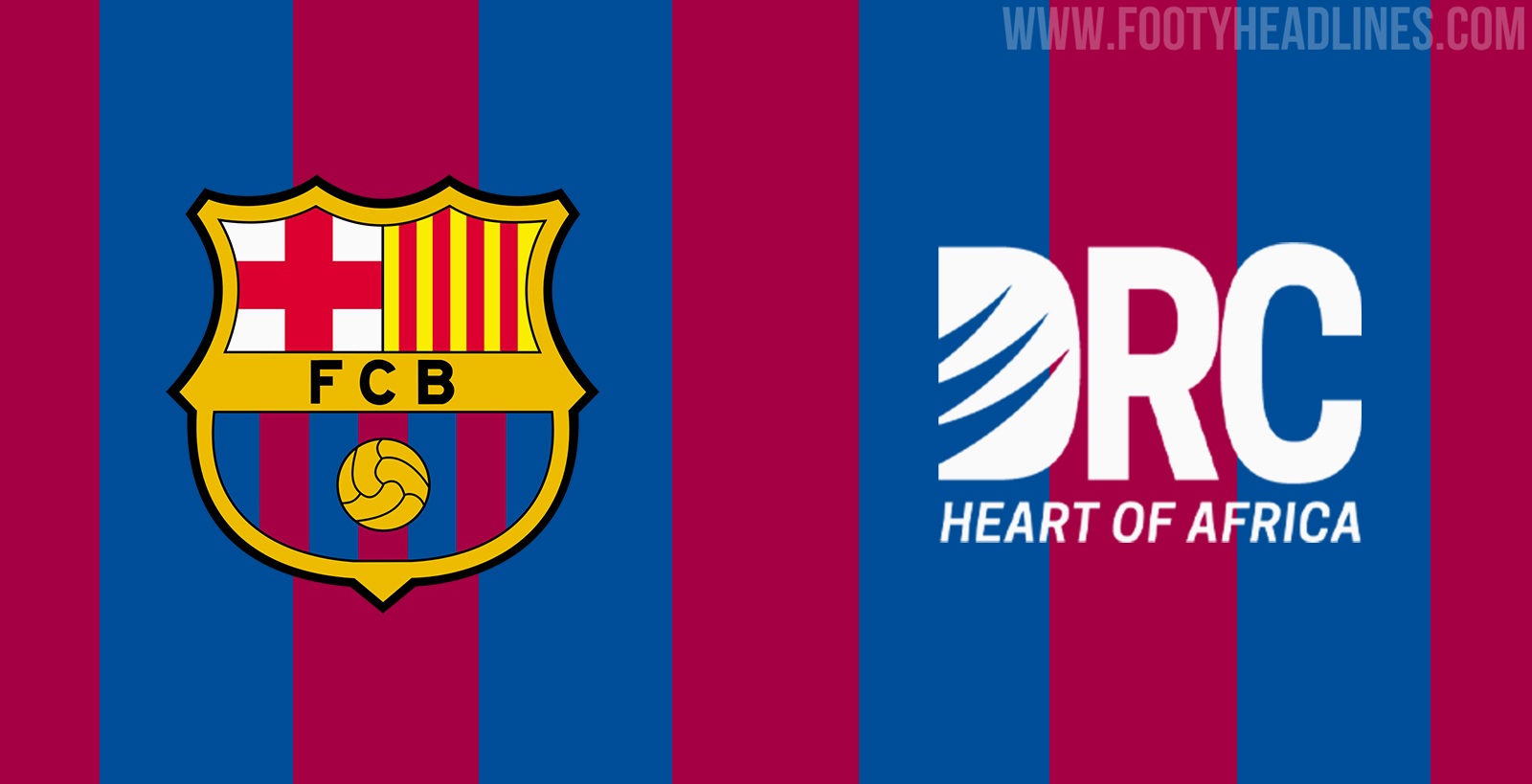Barcelona secures €44 million tourism sponsorship deal with DR Congo

FC Barcelona has reached a lucrative sponsorship agreement with the Democratic Republic of Congo’s national tourism board, a deal reportedly worth €44 million over the next four seasons.
According to Spanish outlet Mundo Deportivo, the partnership will see the name of the Central African country prominently displayed on the Catalan club’s official kits.
The initiative is part of the DRC’s broader strategy to promote its tourism sector on a global stage by aligning with high-profile European football clubs.
The sponsorship marks a significant move by the DRC government to leverage the global visibility of one of football’s most iconic brands.
The new partnership will not only include logo placement on the team’s matchday jerseys but is also expected to involve collaborative marketing campaigns and promotional content that showcase the country’s rich cultural heritage and natural landscapes.
This agreement gives the Democratic Republic of Congo an extraordinary platform to attract international attention to its tourism potential, a source close to the deal told Mundo Deportivo. Barcelona’s global reach makes it an ideal partner for this kind of initiative.
While FC Barcelona has not yet publicly disclosed the full scope of the deal, it is understood that the contract will span four seasons and contribute significantly to the club’s commercial revenue, helping to balance its books amid ongoing financial restructuring.
This is not the DRC’s first foray into the European football sponsorship market.
Earlier this year, the country secured a similar arrangement with AS Monaco, with the DRC’s branding appearing on the back of the Ligue 1 side’s training kits.
Both partnerships are part of a concerted effort by the Congolese government to rebrand the nation’s international image and stimulate interest in its tourism industry.
The collaboration with Barcelona, however, stands out for its scale and ambition.
As one of the most widely followed football clubs in the world, Barça’s exposure provides the DRC with access to millions of fans across continents, including emerging tourism markets in Europe, Asia, and the Americas.
In a competitive sports marketing landscape, this deal reflects how African nations are increasingly turning to global football partnerships as tools of soft power and economic promotion.
For Barcelona, the agreement represents another step in diversifying its sponsorship portfolio while reinforcing its global brand footprint.




